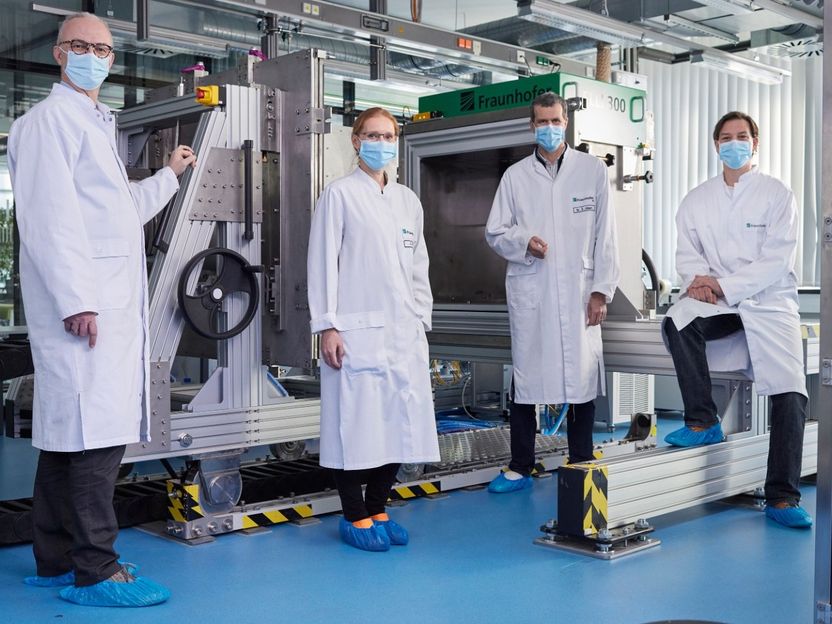Particular DNA changes linked with prostate cancer development and lethality
Advertisement
A new analysis has found that the loss or amplification of particular DNA regions contributes to the development of prostate cancer, and that patients with two of these DNA changes have a high likelihood of dying from the disease. Published online in CANCER, the study provides valuable information on the genetics of prostate cancer and offers insights into which patients should be treated aggressively.
Cells can become cancerous when they lose or amplify pieces of DNA containing important genes. Using a method that can detect these genetic changes in cells from prostate tumors from 125 patients, Jianfeng Xu, MD, DrPh, Director of the Center for Cancer Genomics at the Wake Forest School of Medicine in Winston-Salem, and his colleagues at Wake Forest, Brady Urological Institute of Johns Hopkins Medical Institutions, and Karolinska Institute of Sweden found that changes in 20 gene regions likely contribute to prostate cancer development. Four of these regions had not been reported before. Importantly, changes in seven of the 20 regions were linked with early death from prostate cancer. Also, patients whose cancer cells had a loss of the PTEN gene and an amplification of the MYC gene were more than 50 times as likely to die from prostate cancer than other patients who had similarly staged tumors and prostate-specific antigen levels at the time of diagnosis. Analyses of 333 tumors from additional patients confirmed the link between PTEN and MYC and prostate cancer lethality.
In addition to providing new information about the genetic changes involved in the development and progression of prostate cancer, the findings may help guide doctors as they weigh different treatment options for patients with the disease. "For example, prostate cancer patients who have DNA copy number alterations at PTEN and MYC may not be appropriate candidates for active surveillance and should be treated intensively," explained Dr. Xu.






















































